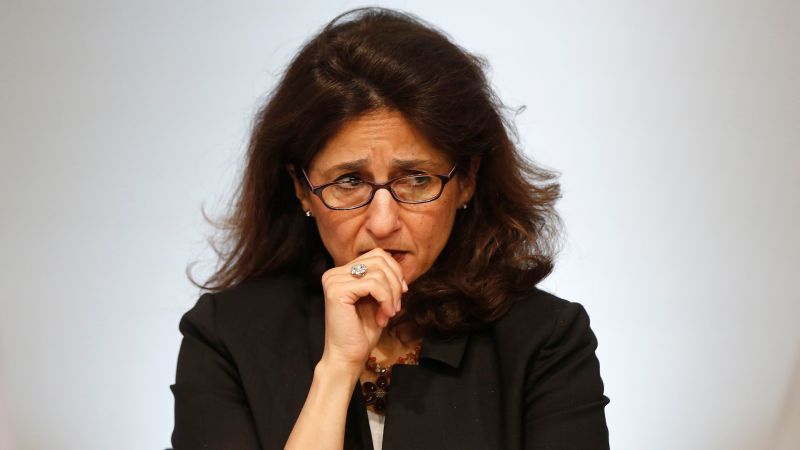The controversy surrounding Minouche Shafik, the president of Columbia University, has reached a boiling point as students, faculty, and lawmakers call for her resignation. The criticism stems from her handling of campus protests regarding the Israel-Hamas conflict, particularly her authorization for the New York Police Department to shut down student demonstrations. Some view this as a violation of academic freedom, while others accuse the administration of failing to address antisemitism on campus and at protest events. The pressure on Shafik to step down has escalated, with both Democratic and Republican lawmakers condemning her actions and calling for immediate change.
The Board of Trustees at Columbia University has expressed strong support for Shafik, commending her approach to resolving conflicts and maintaining a balance between different voices on campus. However, her decision to involve law enforcement in handling student protests has drawn comparisons to a past incident where a former Columbia president resigned under similar circumstances. The faculty has denounced Shafik’s actions, voting to censure her for authorizing the arrest of protesters and claiming it was an unprecedented attack on student rights.
Shafik has publicly denounced antisemitism and launched initiatives to combat discrimination on campus, including the formation of a university task force on antisemitism. Despite these efforts, the administration continues to face criticism for its response to antisemitism and Islamophobia. The Department of Education is investigating several universities, including Columbia, for alleged incidents of discrimination, which could result in funding penalties if not addressed. Jewish students have reported being verbally and physically harassed, both on and off-campus, prompting calls for stronger protections and accountability from the university leadership.
The controversy surrounding Shafik has also raised concerns among major donors, Republican lawmakers, and some Democratic lawmakers who believe her response to antisemitism is inadequate. Calls for Shafik’s resignation have intensified, with donors expressing reluctance to support the university until corrective action is taken. The escalating pressure on Shafik and the university administration underscores the challenges faced by university leaders in navigating sensitive and highly contentious issues, such as the Israel-Hamas conflict and incidents of discrimination on campus. The outcome of this situation remains uncertain, with Shafik’s future as president hanging in the balance as stakeholders demand accountability and change.













